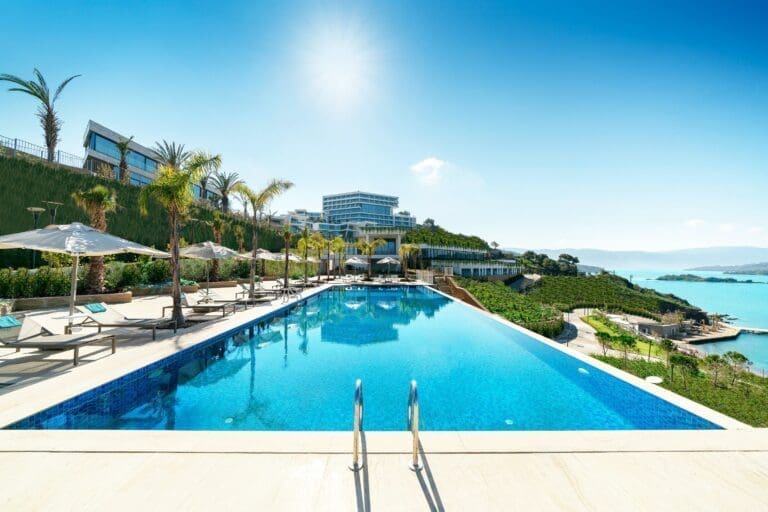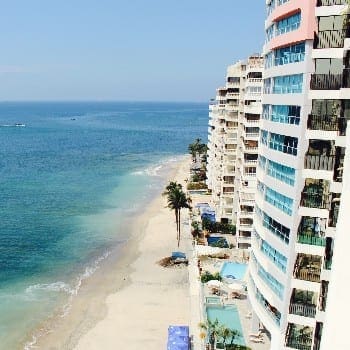 While the pandemic is still very much the top item of global concern, a close second may be climate change. As we are seeing a gradual yet relentless process of heightened social concern, more governmental policies favoring sustainability and increased innovation to help decarbonize, hotels will inevitably be impacted on multiple fronts over the coming decade.
While the pandemic is still very much the top item of global concern, a close second may be climate change. As we are seeing a gradual yet relentless process of heightened social concern, more governmental policies favoring sustainability and increased innovation to help decarbonize, hotels will inevitably be impacted on multiple fronts over the coming decade.
With a laser focus on cost savings and travel recovery, it’s all too easy right now to take a defensive, reactionary stance against this movement by only doing the bare minimum to abide by governmental decrees and allocate capital for green projects. Instead, think of this as a positive way to slowly differentiate your brand for the 2020s. Namely, those properties that wholly embrace climate change initiatives through continuous improvement can market those projects if only because there aren’t many hotels are fully embellishing their efforts toward this.
While right now, these are value-adds, there may come a time when the average guest will demand zealous efforts to help the environment, particularly if weird, appalling and destructive weather events keep happening each year. This will in many ways morph a ‘sink or swim’ scenario whereby if you haven’t dripped into a capex fund, you may soon find yourself unable to catch up.
Hence, it behooves you to be an early adopter lest you be passed over by the next generation of travelers which is exceedingly sensitive to all matters of ESG (environmental, social and corporate governance). Right now, embracing the green revolution can be interpreted as a largely BOH method of reducing energy combustion through the installation of more efficiency and smart machinery. But as explained through the catchy adage, “Going green to be seen,” there’s also still a worthwhile marketing angle for any sustainability upgrades you make.
For this guest-facing marketing approach, consider a project such as having a purely plant-based menu. Yes, it reduces carbon emissions but only on a modest level compared to such BOH projects like reconfiguring the guestrooms with smart thermostats or setting up IoT-enabled water recirculation systems. But, unlike the real BOH savers, this trend is what customers see. It will give your brand cachet amongst a populace that increasingly shuns the copious consumption of the 20th century and wants more environmentally friendly travel accommodations.
Now is the time where any green endeavor can be used to generate further appeal for a hotel – before this green embrace becomes commonplace and your efforts are no longer buzzworthy as they shift from value-add to expectation. Don’t just think in terms of your restaurant, but maybe also investigate having all your spa products sourced from local, sustainable suppliers. Or, if you have a golf course, look to replace your entire fleet of carts with electric vehicles. Even building a few EV recharging stations in your parking lot can give you social marketing credit in 2021 (but likely not in 2030 or even 2025).
When it comes to fighting global warming and preventing ecological collapse in the coming decades, this isn’t an area where you should wait to be a laggard because it may forever besmirch your brand as one that doesn’t care about the environment. Guests are more forgiving now, but to future proof your organization you must take action in the year ahead and develop a vision for your brand that puts matters of climate change near the top of the list. On the surface, it’s a defensive move, yes, but marketing your property as sustainable can also help build ADR, so it isn’t all doom and gloom!



















